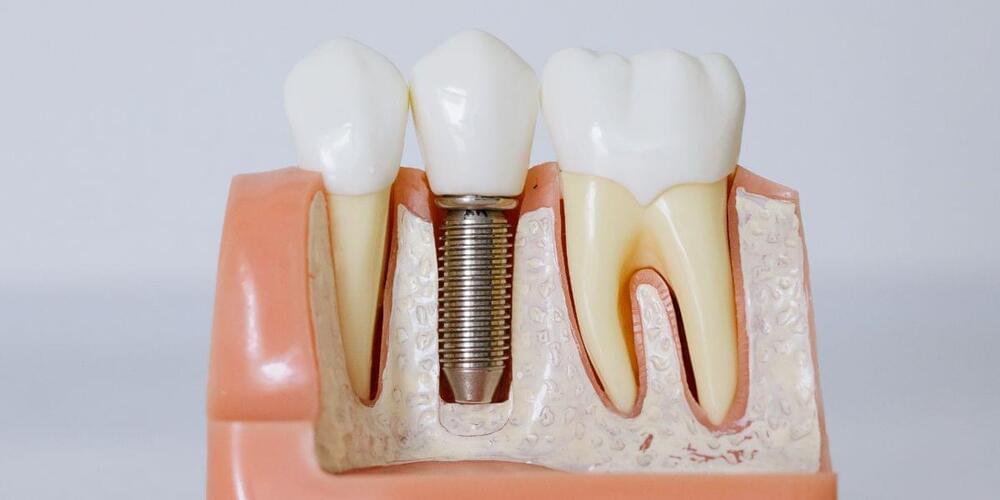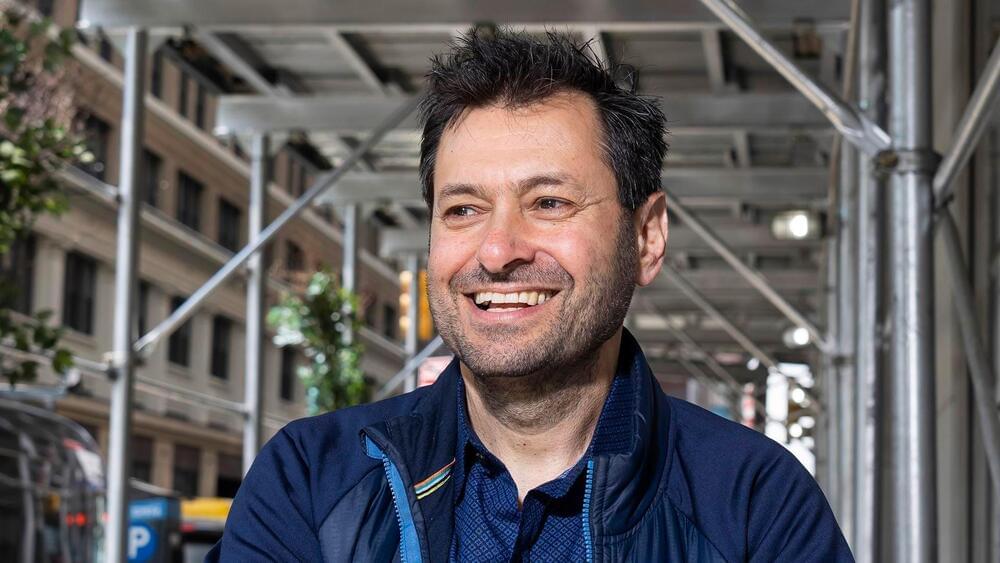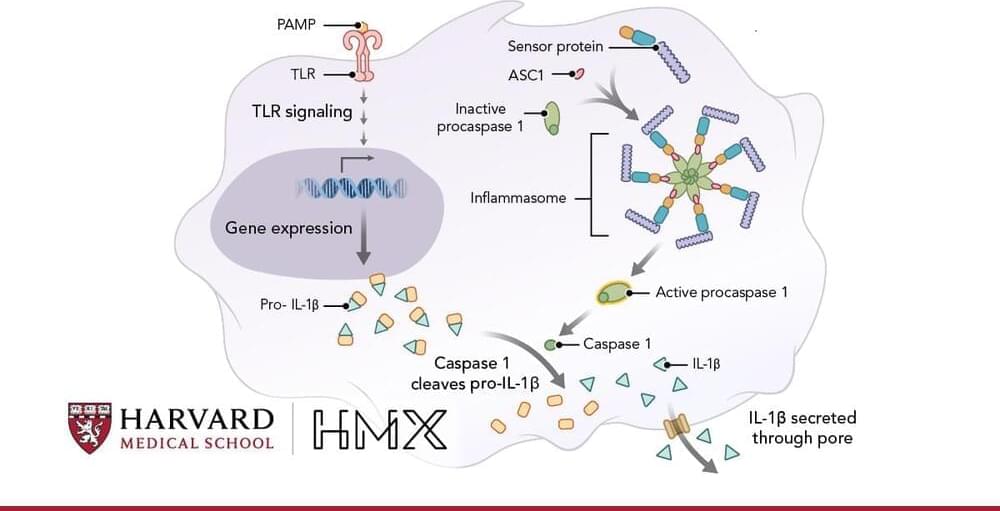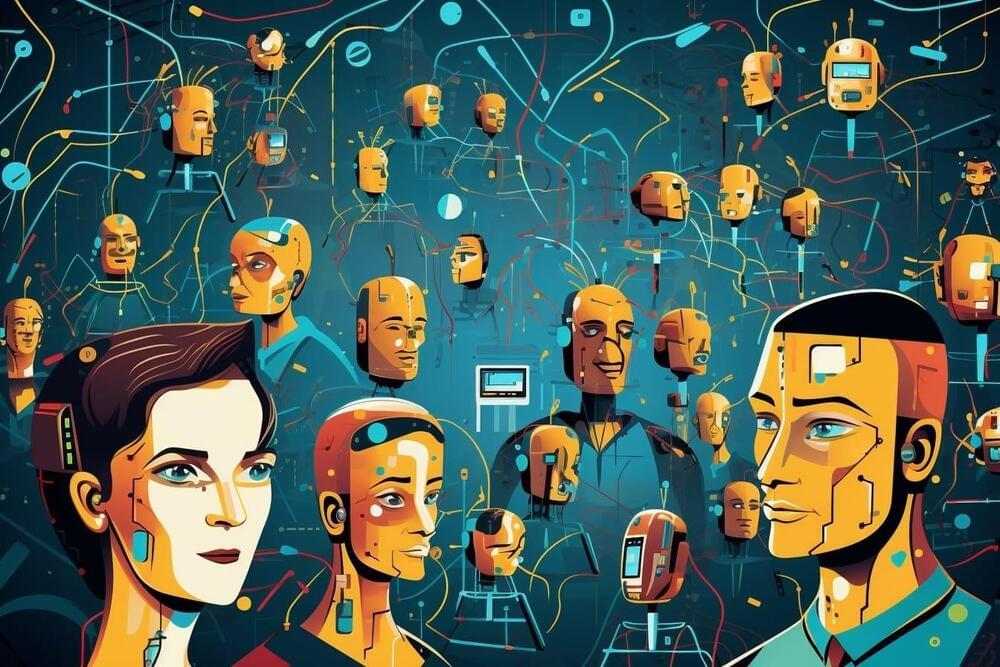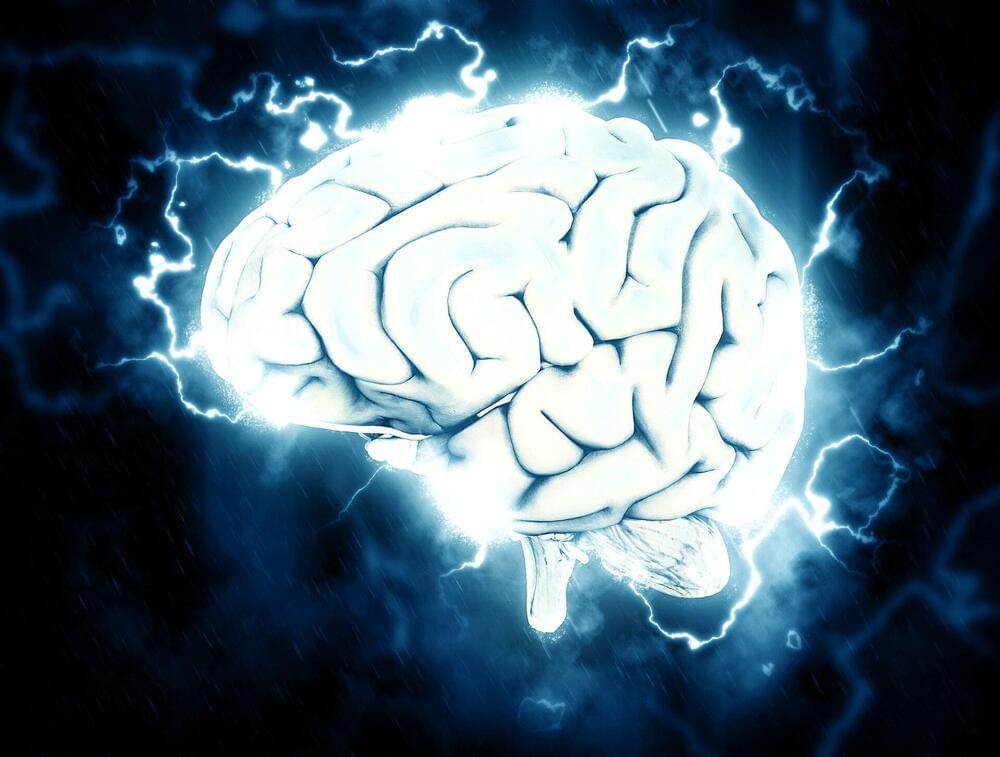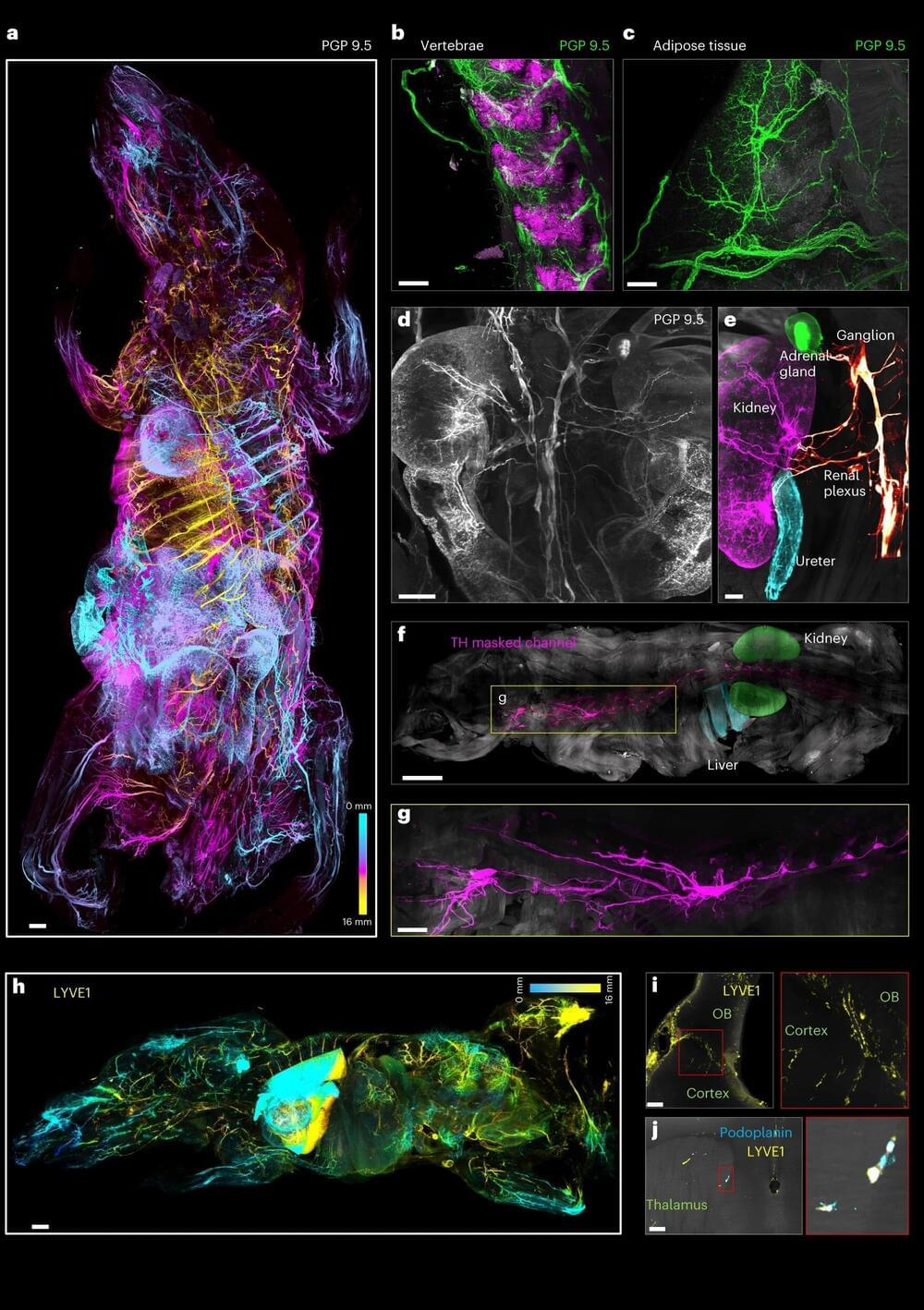Gum disease and tooth loss are linked to shrinkage of the hippocampus, an area of the brain crucial for memory. The corresponding study was published in Neurology.
Previous studies suggest that tooth loss and periodontitis may be linked to Alzheimer’s disease. However, recent studies have not found a significant link between tooth loss and periodontitis, and hippocampal atrophy. In the current study, researchers sought to understand more about how oral health affects hippocampal volume-and, thus, memory. To do so, they examined the relationship between number of teeth present and hippocampal atrophy in light of periodontitis severity among middle-aged and older adults.
For the study, the researchers included 172 people with an average age of 67 years old who did not have cognitive decline. At the start of the study, each underwent dental exams and memory tests. They also underwent MRI brain scans at the beginning of the study and four years later to assess their hippocampal volume.
